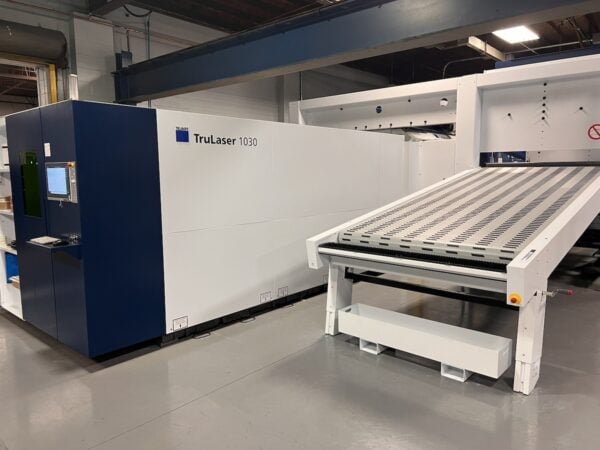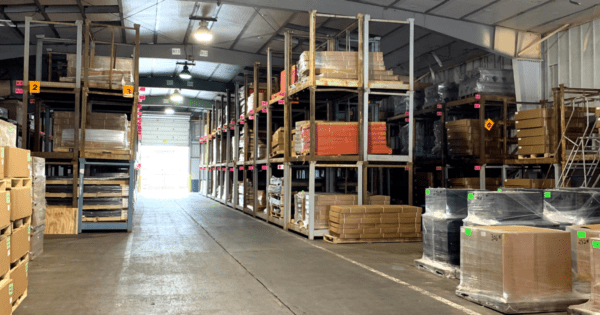What Should We Know About Reshoring?
Reshoring is the effort of bringing offshore manufacturing back to the U.S. to save on growing shipping costs and ongoing delays at key ocean ports. You may have seen the pictures of coastal cities with large ports with cargo ships stalled on the horizon, unable to gain clearance to dock and unload.
This stall has led to increasingly difficult situations for retailers. Many industries are affected, and some of the slowest shipments are for personal protective equipment (PPE), medical device manufacturing, electronics, and defense.
Not surprisingly, sixty percent of reshoring cases after March 2020 mention the pandemic as a factor in the decisions. Shortening and closing supply chain gaps for essential products is key, and reshoring can take one uncertainty out of the equation.
That said, reshoring has a local benefit, boosting job economies in the U.S. As of September 2021, reshoring and foreign direct investment have created over 90,000 jobs in the United States this year. Ohio, Arizona, and Tennessee have seen the highest number of job gain, with more than 10,000 jobs per state.
Reshoring Offers A Manufacturing Option That Doesn’t Lead To Extraordinary Shipping Measures
Brands that were unable to reshore this year, or that have the funds to take matters into their own hands, are paying the cost. Large retailers like Walmart, Home Depot and Ikea charter their own ships to ensure goods get delivered, and air freight – an expensive, usually “last resort” method – has grown as a way to bypass ocean freight bottlenecks.
For retailers unwilling to make that sacrifice, reshoring their manufacturing operations is an appealing option. These efforts help support brand loyalty, as consumers value domestically produced product and view them as higher quality. This, along with shorter lead times and delivery, can go a long way in stocking shelves this holiday season.
CONSUMERS WILL DECK THE HALLS, EVEN IF YOU CAN’T DOCK THE SHIPS
If gifts are going to make it “home for the holidays” this year, they are going to have to pass through one the largest-scale traffic jams ever seen by modern supply chains.
Customer demand has not waned, and the chance to gather more confidently for celebrations this year has people eager to do their holiday shopping. Deloitte estimates holiday sales could increase this year by as much as 9%.
Will retailers face empty shelves in response to this demand? If product is stuck on their cargo ships, perhaps. They will then have to pivot and decide whether it’s best to promote less heavily than past years, delay the normal November-December deals until a more stable time, invest in lay-away options, or another strategy all together.
Reshoring has been trending for the past few years, though the pandemic expeditated that process – and that growth in reshoring strategies is likely to keep growing alongside approaches like dual sourcing. Dual sourcing involves purchasing identical resources from two suppliers, which increases supply security and limits risk. During a supply chain crisis such as the current freight delays, dual sourcing can provide shipping flexibility between available suppliers.
At Tusco, we’ve been solving this problem for clients by offering one-day shipping to over 75% of the U.S., providing inventory storage at our Gnadenhutten warehouse, and simplifying the supply chain by being a one-stop resource for display manufacturing and more. Want to talk about reshoring options for your own product? Give us a call at 740-206-8298 or contact us online.




